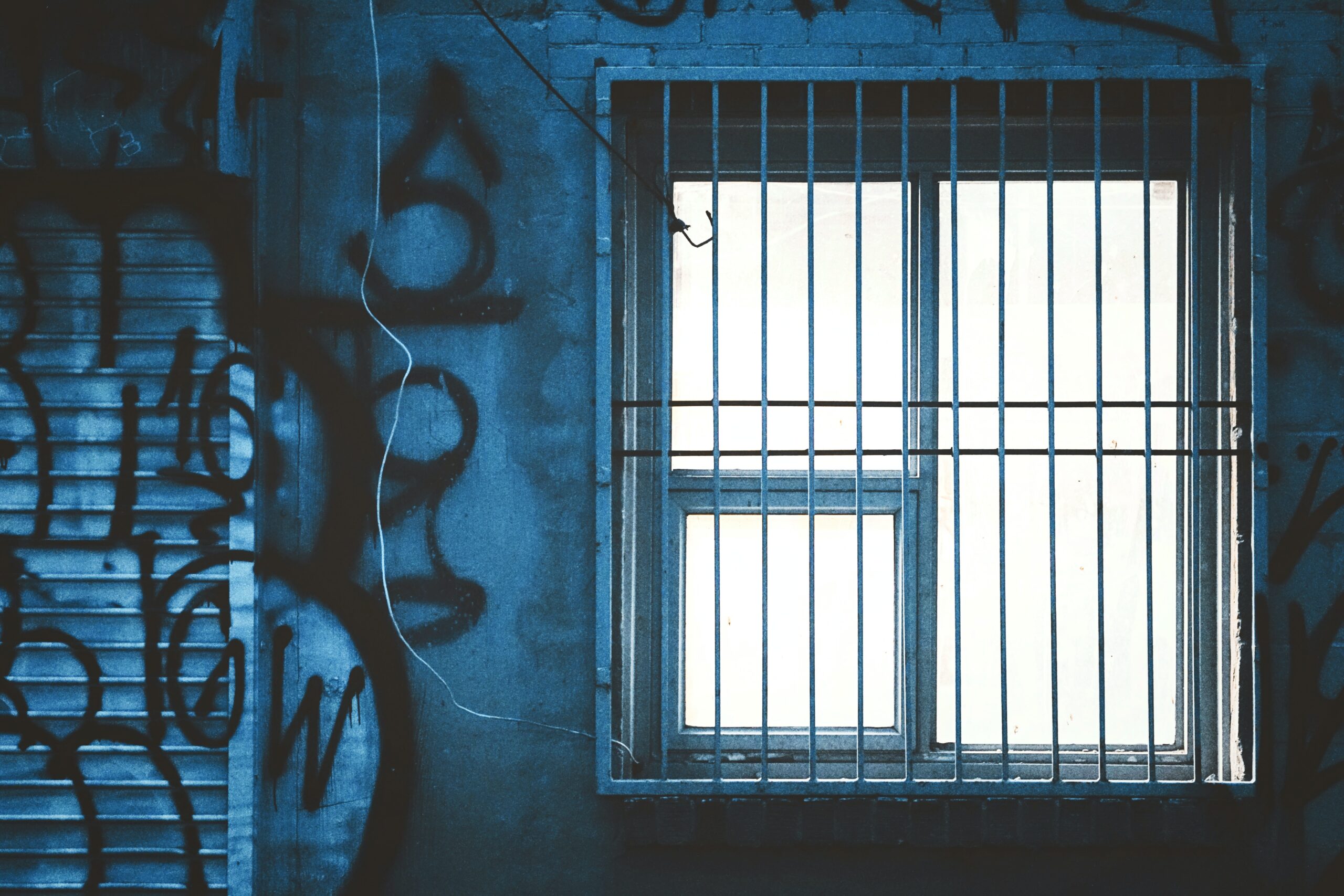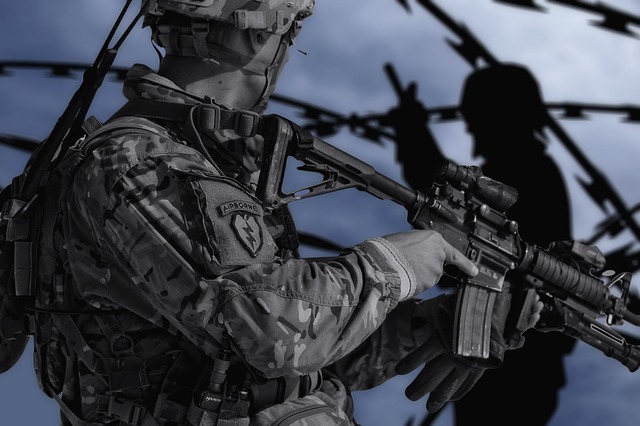It is quite simple, actually: that there are phenomena that we cannot explain —such as moments or events that run the gamut of the fortuitous, accidental, absurd, miraculous, paranormal, or otherwise inexplicable—does not in itself justify our attributing a cause or explanation of any kind to these phenomena. If we concede the simple and credible assertion that human existence is filled with all kinds of inexplicable phenomena, then the only reasonable response to these phenomena is—no response, nor the attribution of any definite cause. We are then in a position to undertake an orderly and rational process of investigation, hypothesizing, and testing, and any conclusions arrived at should remain at…
-
-
I’ve been living in the United States now for about seven months since I returned from Madrid, Spain, where I lived for about fifteen. But even though the American sway of things has returned to its natural preeminence, I still have that lingering residue of a life abroad, experienced for the first time in all its vibrant and novel colors. On reflection, I’ve realized that the experience was more enriching even than I could have realized while in the country, not only for my language learning aptitude and my linguistic awareness but for who I’ve become as a human being. I feel that I’ve laid some permanent groundwork so that…
-
Proust—what an author, eh? He can be difficult to dig into, and not only because his work can give rise to an infamous snobbery, an ironic response to an author that made much of his undying contempt for snobbery. He can also inspire so much thinking and self-reflection that his winding tome, as many of his critics and readers have already pointed out, can serve as the ultimate self-help book. And it’s great that the book furnishes the reader with this endless supply of advice and wisdom that seems to spring right from the source—but enough about life in general. After reading it myself, I’m also glad to know that…
-
It was just over a decade ago that the young American actor Jeremy Piven had a run-in with mercury poisoning. It must have been a low blow. After getting roles in such touchstones of culture as Seinfeld and Entourage and establishing his renown as an actor of worth and substance in the vast and glittering landscape of film and television, he was appearing on Broadway in 2008 in a revival of Speed-the-Plow, David Mamet’s 80s satire of the movie business. It sounded like a great idea, it really did, but things were not so clear-cut in the world of Piven. Sidelined by an illness whose cause was unknown, Jeremy Piven…
-
For a philosopher with a reputation that tends to be pooh-poohed as excessively gloomy and pessimistic, Schopenhauer and his posthumous popularity find no respite in one incident that occurred in the year 1821, when he was staying in his lodgings in Berlin. A young and brilliant man then in his thirties, with a spitfire’s outlook and the temperament of a boiling kettle, he ran up against something that he had long since started disdaining: the lives and habits of frivolous normal people. Throw in a nervous disposition and the needs for the silence and solitude demanded by the nature of his work, and you have a potent cocktail of confrontation.…
-
“I had no father, I am like no father; / I have no brother, I am like no brother; / And this word ‘love,’ which graybeards call divine, / Be resident in men like one another / And not in me—I am myself alone.” –Richard, Duke of Gloucester The Duke of Gloucester, the son of the late Richard, Duke of York, gunning for the English crown with the kind of psychopathic ruthlessness making him a fit rival of the other merciless Shakespearean villain—Iago—this Richard of 3HenryVI is more creature than creator, in the terms of Friedrich Nietzsche. By the end of the play, he is murdering the titular king and…
-
One of the common but unspoken phenomena to which humans everywhere are susceptible—especially those that have bottomed out after finding that life has very few stable guideposts for the individual—is that of existential despair, which takes as many forms as there are individuals. But while the forms are many, the phenomenon itself is constant; it underlies its various manifestations. It is not strictly universal, since not everyone experiences it—rather than a common malady such as the measles or the flu, it is a kind of despair available to those that have provoked the hidden foundations of their lives, that have been too curious about what lies beneath routine and the…
-
I Years before the onslaught of a madness that was to incapacitate him, voiding his intellect like the snapping of a high wire of isolation and brilliance, Friedrich Nietzsche wrote a book by the name of The Gay Science featuring the parable of the madman leaping into the marketplace, bearing a lantern in the morning hours. Its echoes, reverberating through the decades to come, would sound across the wasteland of the twentieth century whose cruelty and slaughter would eclipse all conceptions of the 19th-century imagination: “The madman jumped into their midst and pierced them with his eyes. ‘Whither is God?’ he cried; ‘I will tell you. We have killed him—you…
-
“That a man can take pleasure in marching in formation to the strains of a band is enough to make me despise him.” —Albert Einstein Joseph Heller published his epochal novel sixteen years after the end of World War II, having afforded himself a humane interval during which all the horrific bloodshed, nationalism, and bloodthirsty ideologies could fructify in the dust of the greatest boneyard that had ever existed. The euphoric and irreverent heights of black comedy had never been attempted with so merciless and unsparing a wit, applied to the great era of modern warfare, the twentieth century. This novel could be said to constitute the novel of modern…
-
“One day, when in the opinion of the world one has long been educated, one discovers oneself: that is where the task of the thinker begins; now the time has come to invoke his aid—not as an educator but as one who has educated himself and thus has experience.” –Friedrich Nietzsche Like many of those suffering through the dry, endless, prosaic hours of the classroom, I struggled during the years of my education to pay attention to what the teacher had demanded, cajoling schoolchildren that had long since divided themselves into the tiers of institutional excellence: the obsequious and the fawning, the girly brown-noses, the front-rowers, the A-students; the middle…






















